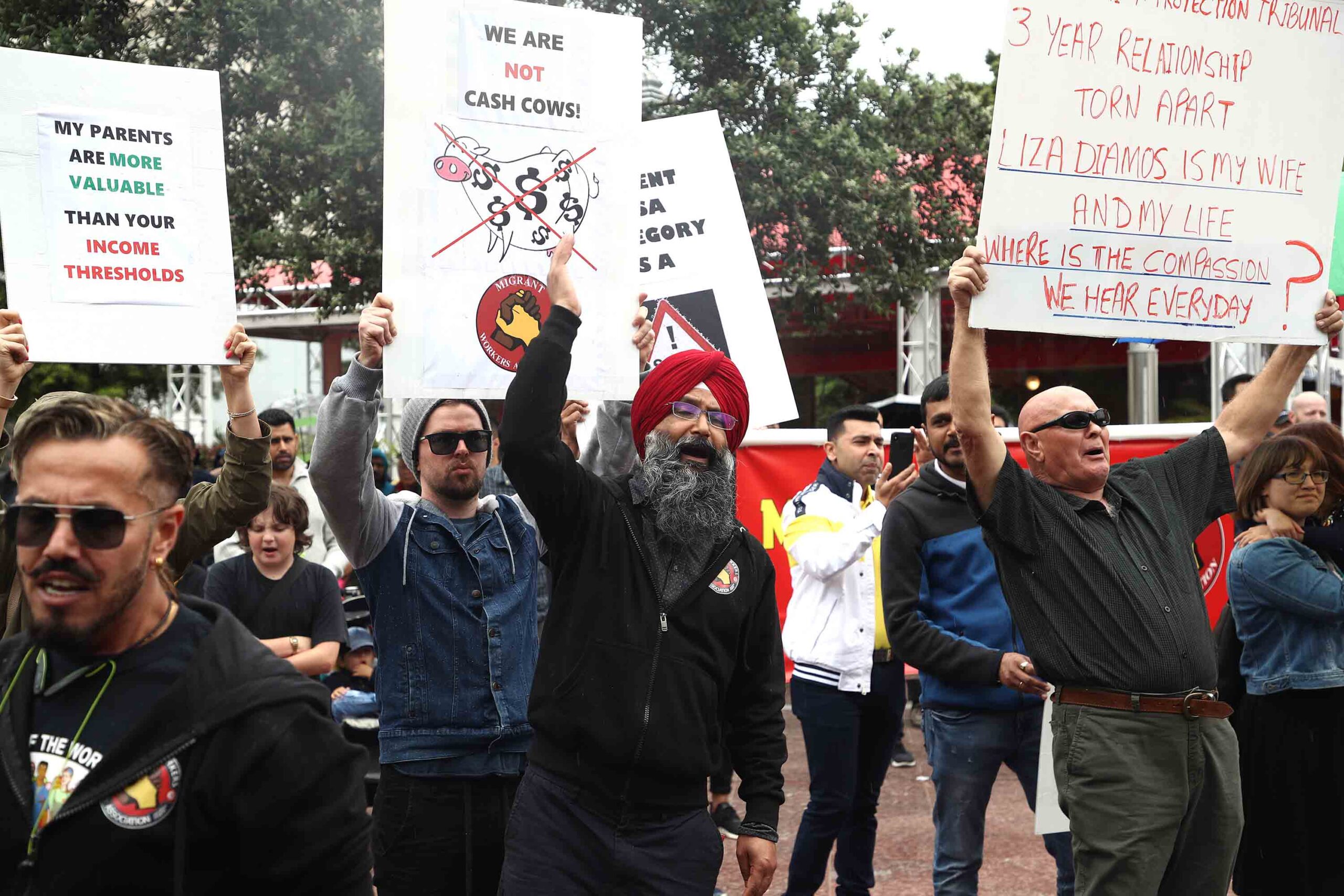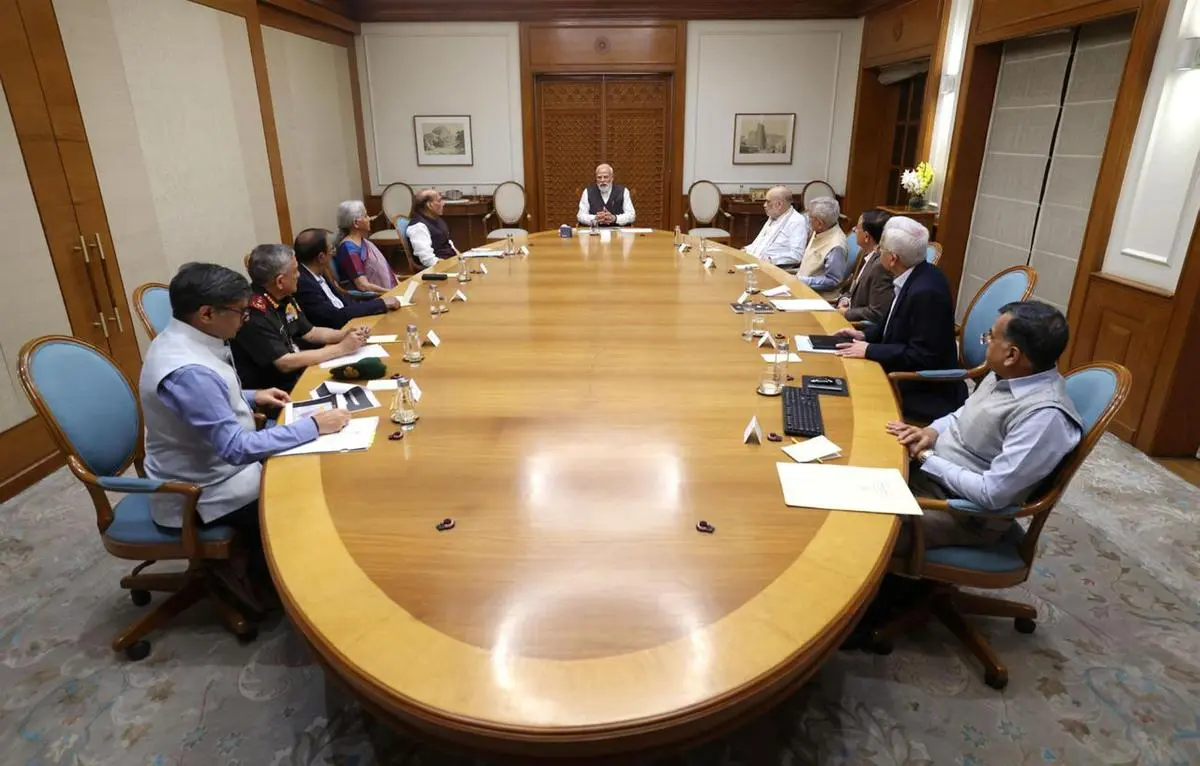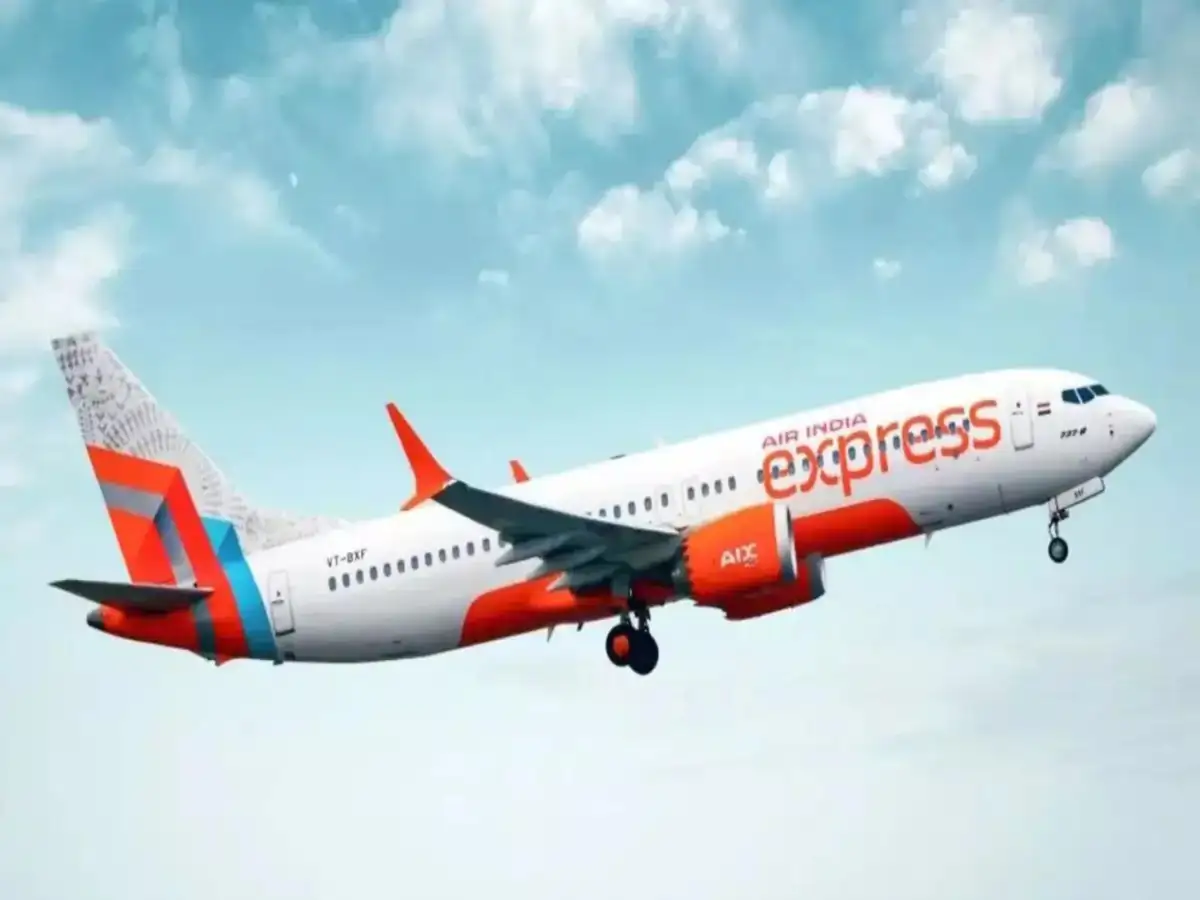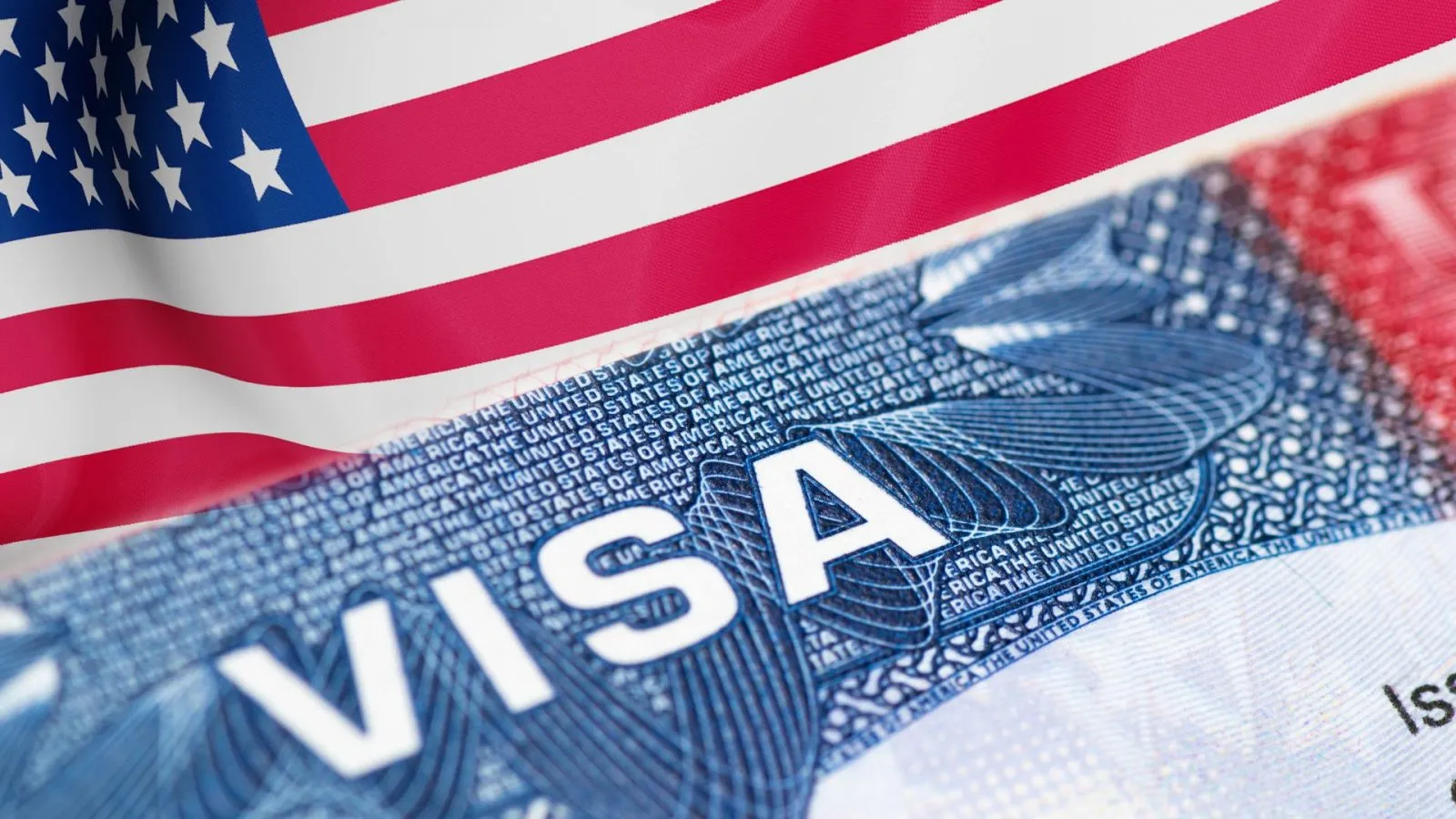“Approximately one-third of the 664 foreign nationals who were denied entry between August 1 of the previous year and June 10 of this year held Indian passports.”
— Immigration New Zealand (INZ) data
Reports indicate that hundreds of Indian nationals have faced entry denials since New Zealand opened its borders last year. Data from Immigration New Zealand (INZ) shows that approximately one-third of the 664 foreign nationals who were denied entry between August 1 of the previous year and June 10 of this year held Indian passports, reported nriaffairs.com.
This figure includes individuals who were both visa holders and passengers travelling without a visa through the New Zealand Electronic Travel Authority. Immigration New Zealand, in a statement to RNZ, stated that out of the total number, 202 arrivals were recorded with Indian passports.
The INZ statistics also indicate that during the same period, a total of 2,727 passengers were denied boarding while attempting to travel to New Zealand. Among them, 796 individuals were found to be travelling on Indian passports.
Richard Owen, the General Manager of INZ, emphasised that possessing a visa does not guarantee entry into New Zealand. When questioned about the high number of Indian passport holders being denied entry at the border, Owen declined to provide a generalised explanation. He stated that there were multiple reasons why a person may be denied entry to New Zealand.
However, he did mention that the primary reasons for refusal include individuals not being considered genuine temporary visitors or being likely to violate their visa conditions or failing to meet the character requirements for entry. Owen emphasised that the decision to deny entry to any individual, regardless of their nationality, is not taken lightly by border staff. It is based on an assessment conducted by Immigration New Zealand (INZ), which aims to determine if someone presenting at the border is not a genuine short-stay visitor. He further noted that such refusals only affect a small proportion of visitor arrivals.
New Zealand permits individuals to search for employment or attend job interviews while on a visitor’s visa. However, if they intend to start working, they must apply for a work visa before doing so.
The rejection rates for Indian applicants have returned to pre-Covid levels, although they have not reached the peak observed in the mid-2010s. In the 2014-15 period, approximately 11,000 study visa applications from India were rejected, while almost 21,000 were approved. The previous year, 2013/14, saw 2,662 rejections compared to 14,917 approvals. The highest number of Indian application rejections occurred in 2015-16 when 13,057 out of a total of 34,928 applications were denied
Indians constitute approximately 5 per cent of New Zealand’s population. A report by India’s Ministry of External Affairs reveals that there are 240,000 Indians residing in New Zealand, comprising 160,000 people of Indian origin and 80,000 Non-Resident Indians.
Figures from the government agency revealed that the number of study visas approved by Immigration New Zealand in the year leading up to June 2023 reached 62,011. While this figure is lower than the 83,733 study visas approved in the 2019-20 year, it does indicate a recovery from the significant decline during the Covid-19 pandemic when the country’s borders were closed.
The data for 2022-23 shows an increase in the number of study visa applications from India that were declined. Of a total of 7,263 study visa applications granted, there were 2,360 applications from India that were rejected.
China remains the largest cohort of international students, with 18,369 student visas granted in 2022/23. In comparison to India, China had 642 study visa applications declined. Overall, there were 6,483 study visa applications rejected, and India accounted for more than a third of these rejections.
Further, 13 countries had more than 1,000 student visa applications, including the Philippines (2,928), South Africa (2,812), the US (2,409), South Korea (2,313), Fiji (2,240), Japan (2,153), Thailand (1,985), Vietnam (1,858), Germany (1,385), Sri Lanka (1,675), and Brazil (1,004). It is important to note that these figures represent the number of visas granted and do not provide exact data on the number of students who arrived in the country.
In addition, the agency has also provided data on first-time students, indicating that between July 1, 2022, and May 31 of the current year, a total of 41,593 first-time student visas were approved. This marks a significant increase of 34,370 compared to the figures for 2021/22. Of the 41,593 first-time student visa recipients, 13,960 came from non-top 10 sending countries. Among these, China had the highest number of applications with 8,512, followed by India with 5,826, and the Philippines with 2,564.
The rejection rates for Indian applicants have returned to pre-Covid levels, although they have not reached the peak observed in the mid-2010s. In the 2014-15 period, approximately 11,000 study visa applications from India were rejected, while almost 21,000 were approved. The previous year, 2013/14, saw 2,662 rejections compared to 14,917 approvals. The highest number of Indian application rejections occurred in 2015-16 when 13,057 out of a total of 34,928 applications were denied.
*********************************************************
Readers
These are extraordinary times. All of us have to rely on high-impact, trustworthy journalism. And this is especially true of the Indian Diaspora. Members of the Indian community overseas cannot be fed with inaccurate news.
Pravasi Samwad is a venture that has no shareholders. It is the result of an impassioned initiative of a handful of Indian journalists spread around the world. We have taken the small step forward with the pledge to provide news with accuracy, free from political and commercial influence. Our aim is to keep you, our readers, informed about developments at ‘home’ and across the world that affect you.
Please help us to keep our journalism independent and free.
In these difficult times, to run a news website requires finances. While every contribution, big or small, will makes a difference, we request our readers to put us in touch with advertisers worldwide. It will be a great help.
For more information: pravasisamwad00@gmail.com








